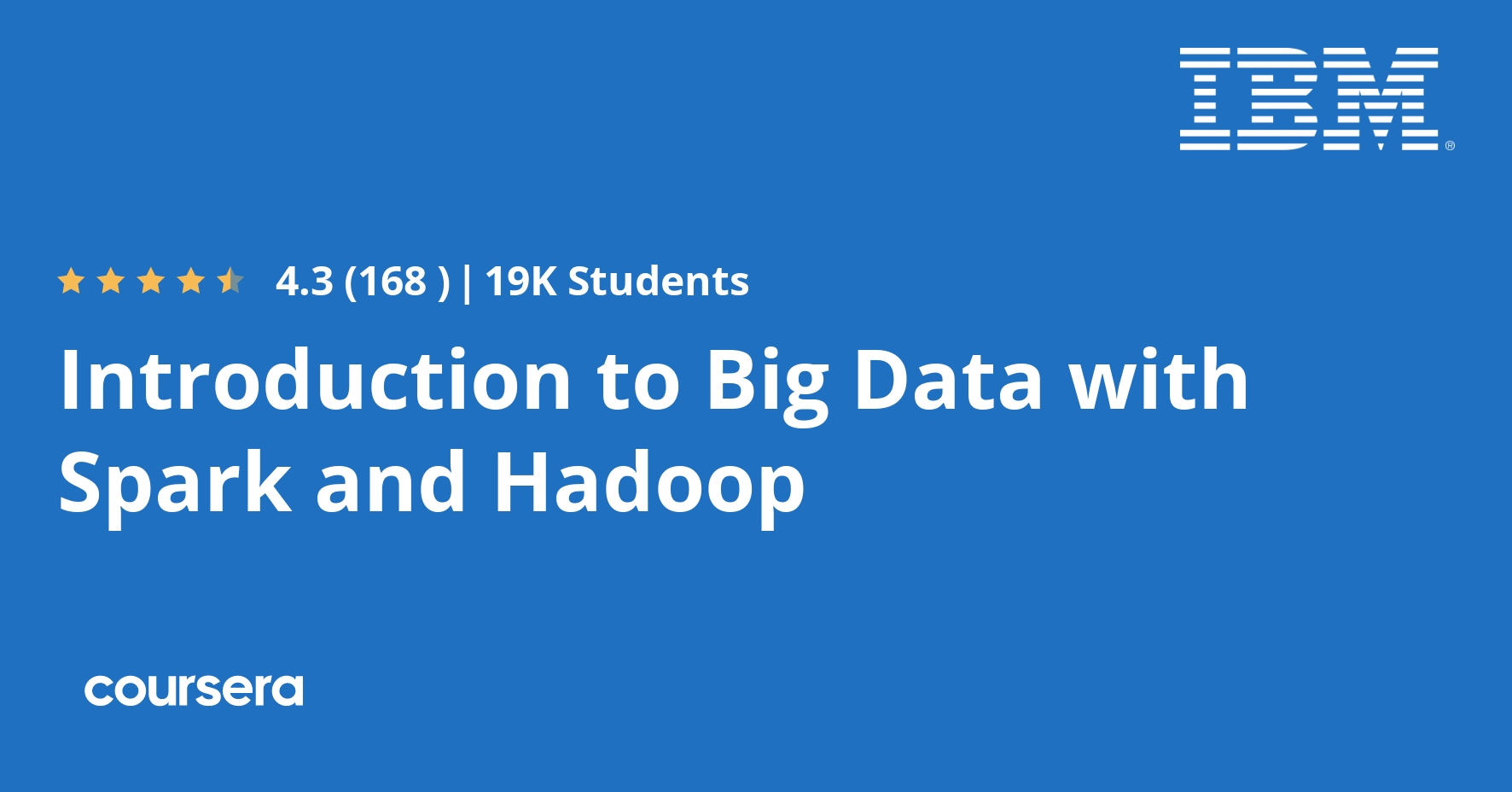Description
Bernard Marr defines Big Data as the digital trace that we are generating in this digital era. In this course, you will learn about the characteristics of Big Data and its application in Big Data Analytics. You will gain an understanding about the features, benefits, limitations, and applications of some of the Big Data processing tools. You’ll explore how Hadoop and Hive help leverage the benefits of Big Data while overcoming some of the challenges it poses.
Hadoop is an open-source framework that allows for the distributed processing of large data sets across clusters of computers using simple programming models. Hive, a data warehouse software, provides an SQL-like interface to efficiently query and manipulate large data sets residing in various databases and file systems that integrate with Hadoop.
Apache Spark is an open-source processing engine that provides users new ways to store and make use of big data. It is an open-source processing engine built around speed, ease of use, and analytics. In this course, you will discover how to leverage Spark to deliver reliable insights. The course provides an overview of the platform, going into the different components that make up Apache Spark.
In this course, you will also learn about Resilient Distributed Datasets, or RDDs, that enable parallel processing across the nodes of a Spark cluster.
What you will learn
What is Big Data?
Begin your acquisition of Big Data knowledge with the most up-to-date definition of Big Data. You’ll explore the impact of Big Data on everyday personal tasks and business transactions with Big Data Use Cases. Learn how Big Data uses Parallel Processing, Scaling, and Data Parallelism. Learn about commonly used Big Data tools. Then, go beyond the hype and explore additional Big Data viewpoints.
Introduction to the Hadoop Ecosystem
In this module, you’ll gain a fundamental understanding of the Apache Hadoop architecture, ecosystem, practices, and commonly used applications including Distributed File System (HDFS), MapReduce, HIVE and HBase. Gain practical skills in this module’s lab when you launch a single node Hadoop cluster using Docker and run MapReduce jobs.
Apache Spark
Build your skills when you turn your attention to the popular Apache Spark platform. Explore attribute and benefits of Apache Spark and distributed computing. You’ll gain key insights about functional programming and Lambda functions. Explore Resilient Distributed Datasets (RDDs), Parallel Programming, resilience in Apache Spark and relate RDDs and Parallel Programming with Apache Spark. Dive into additional Apache Spark components and learn how Apache Spark scales with Big Data. Working with Big Data signals the need for working with queries, including structured queries using SQL. Learn about the functions, parts and benefits of Spark SQL and DataFrame queries, and discover how DataFrames work with SparkSQL.
DataFrames and SparkSQL
Learn about Resilient Distributed Datasets (RDDs), their uses in Apache Spark, and RDD transformations and actions. You’ll compare the use of datasets with Spark’s latest data abstraction, DataFrames. You’ll learn to identify and apply basic DataFrame operations. Explore Apache Spark SQL optimization. Learn how Spark SQL and memory optimization benefit from using Catalyst and Tungsten. Learn how to create a table view and apply data aggregation techniques. Fortify your skills guided via the hands-on lab.




